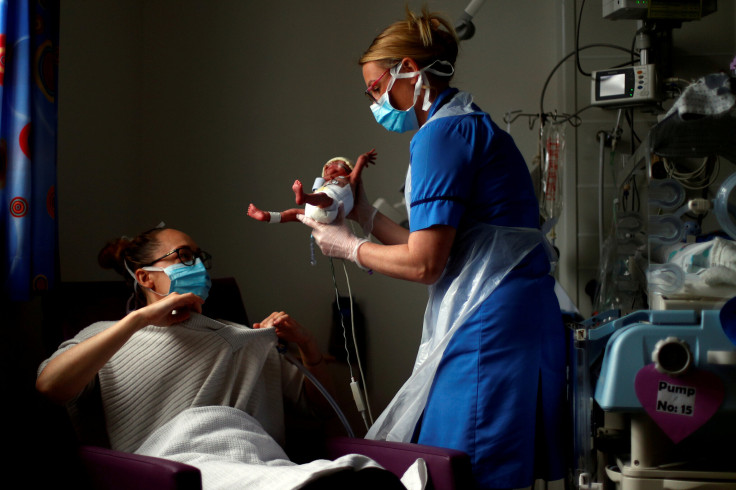Parents' mental health linked to an increased risk of premature births
The results of a new study suggest that babies are more likely to be born prematurely if the parents have had a psychiatric diagnosis.

According to the website for the Bliss charity website, it is estimated that nearly 58,000 babies are born prematurely in the UK per year. Basically, this calculates to one in every 13 born in the UK will be born premature, meaning roughly before 37 weeks of pregnancy.
Premature babies are likely to suffer from various disabilities, long-term health conditions and even behavioural conditions such as cerebral palsy. Research has also shown that babies who are born prematurely are more likely to develop anxiety and depression later in life due to the gaps in their cognitive development.
However, a group of researchers at the Icahn School of Medicine at Mount Sinai in New York City, and the Karolinska Institute, investigated the causes of these premature births – and found that parents' own mental health may be a contributing factor, specifically with the fathers.
Whilst research has shown that women with psychiatric diagnoses have long been known to be at an increased risk for preterm birth, less is known about the risk in the offspring of fathers with their own psychiatric diagnosis.
To conduct the study, the team analysed data on live births in Nordic parents in Sweden between 1997 and 2016. In total, there were around 1.5 million births, with 15 per cent of those babies being born to parents with a psychiatric diagnosis.
During their research, it didn't take long for the team to notice an interesting trend.
For parents without a psychiatric diagnosis, around 5.8 per cent of babies were born prematurely. However, a paternal diagnosis increased that number up to 6.3 per cent of preterm births, and a maternal diagnosis increased it to 7.3 per cent.
In cases where both parents had a psychiatric diagnosis, this percentage was pushed even higher to 8.3 per cent of preterm births.
From these findings, the researchers also discovered that the risk of preterm births was further increased for the offspring of parents who already had several co-existing psychiatric disorders.
Sven Sandin, PhD, associate professor of psychiatry at Icahn and senior author of the study, commented: "Although the study was conducted in Sweden, if we speculate that inherited genetic risk, as well as biological or psychological stress, can carry over to other populations, the results are generalizable beyond Sweden."
"Given that roughly one in five children in the United States has at least one parent with a mental health disorder, the results of this study hold potential significance for public health," Professor Sandin continued.
Michael Silverman, PhD, fellow associate professor of psychiatry, said: "While the gestational parent's (mothers) behaviours have been historically implicated in a wide range of disorders like depression, autism, schizophrenia, and even food allergies, the non-gestational parent's (fathers) contributions have been a neglected but vital topic in the child developmental literature."
"This new work demonstrates that the non-gestational biologic parent's (the father's) psychiatric history is also associated with the increased likelihood of obstetric outcomes traditionally attributed solely to the mother," Professor Silverman concluded, respectively.
The researchers state that future studies should examine the possibilities of whether or not social support and prenatal care could have a positive effect on parents' mental health, thus decreasing the chances of preterm births.
© Copyright IBTimes 2025. All rights reserved.






















